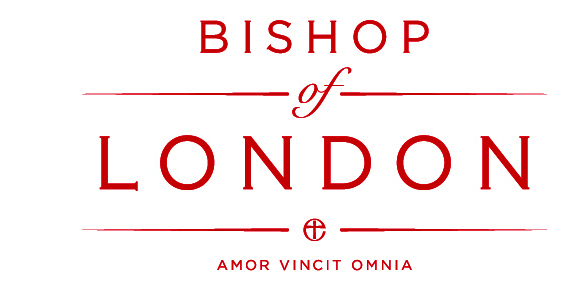Bishop Sarah’s Christmas message for children across the Diocese
“Do you have a favourite story? I remember when my children were younger, they loved ‘Cecil was a caterpillar’. They were always asking me to read it to them. I got to know that story so well that I knew it off by heart and just had to remember to turn the pages at the right moment. Sometimes, if we were tired, I might try and skip a bit to get to the end sooner, but this would never work. It would always get noticed and I would need to go back and get the story right! I wonder if you have ever noticed someone trying to do this when they’re reading you a story?
The Christmas story is a bit different; this gets changed all the time when it’s acted out at the school nativity. Characters get added to make more parts. Other bits that might be more difficult to understand get missed out. When you read the story in the Bible you are sometimes surprised by what you find. To start with, there is no donkey. That’s not to say that Mary didn’t travel on a donkey to Bethlehem, but when you consider how central the donkey is to many nativity plays it’s funny to think that the donkey isn’t mentioned in the Bible.
Another thing that happens to the Christmas story sometimes is that the sad bits get removed. The story we tell in our nativity plays generally ends with Jesus being visited in the manger. Everything is set for a happy ending. However, as the story in the Bible continues, we hear about Herod, who was the King of the land in which Jesus was born. He heard from the Wise men that a new King was to be born and he set out to kill him. While he was trying to find the baby Jesus, Herod ordered the deaths of many babies. So Mary and Joseph fled with Jesus to Egypt, until it was safe to return.
It’s awful to think of an act so evil, and a shock to see it as the part of the story of Jesus’ birth. His family were forced to live as what we would now call refugees. The story where we see God’s great light coming into our world also has darkness in it. Jesus coming to earth did not end the darkness. But it did point to a time when the darkness would end, as Jesus brought light wherever he went.
It feels like there is a lot of darkness in the world right now. I’m sure that you are worried about the news we see from places like the Ukraine, and from Gaza, as well as closer to home. I’m sure, like me, you pray for peace in those places, and that God will help those who are suffering and those who have had to flee to safety, leaving behind their homes and people they love.Sometimes, when we think about it, the darkness can seem overwhelming. It’s hard to know what to do about it. Fortunately, Jesus’ life gives us a clue as to what we can do. He brought light by doing good. He helped those who no one would help, sat with people no one would sit with, and challenged the structures in our society that caused suffering and injustice. By doing that, he brought light into the world back then, and also pointed to a time when the darkness would finally end.
I wonder if we can do the same? Can we be people who bring the light of Christ into the world we live in, and point to that time when the darkness will finally end – by helping those who need help, sitting with those who no one will sit with, and speaking out against those things that cause suffering: like conflict, the climate emergency and homelessness.
Finally let me finish by wishing you a very happy Christmas. I pray God’s blessing for you and those you love.”
Bishop Sarah
